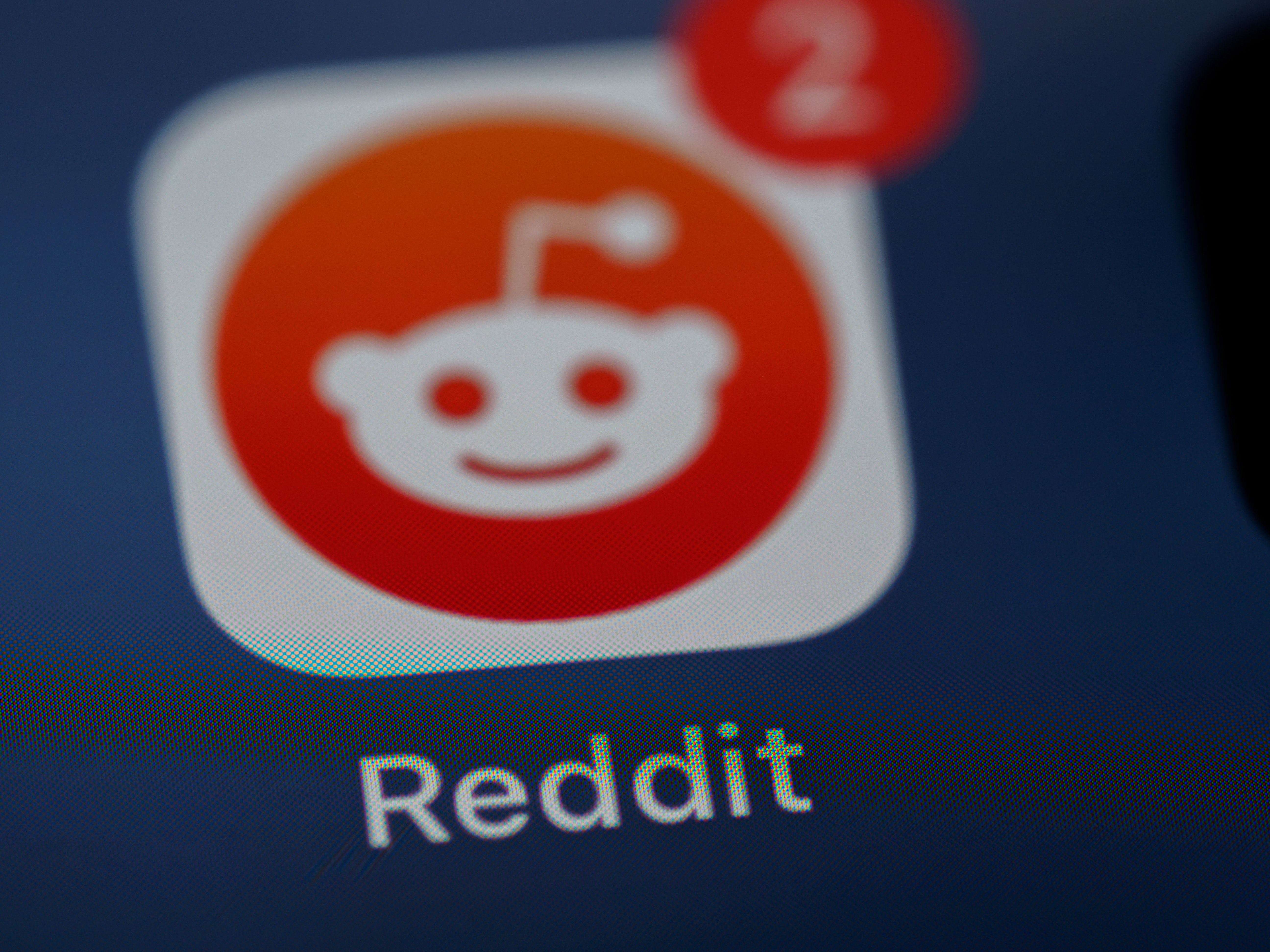News release
From:
Reddit comments show equal interest in female versus male politicians, but less respect
Female politicians were more likely to have their first names, bodies and families referenced; male politicians were more discussed in terms of their profession
An analysis of 10 million comments on the social media platform Reddit suggests that public interest in male versus female politicians is relatively equal, but that gender biases exist across the platform. Sara Marjanovic and colleagues at the University of Copenhagen, Denmark, present these findings in the open-access journal PLOS ONE on October 26, 2022.
Around the world, women remain underrepresented in politics, likely because of gender biases. Analysis of words and language used in public discussions can be useful for studying political gender biases, but most prior studies have focused on communication addressed directly to politicians, as opposed to conversations about them.
To better understand political gender bias, Marjanovic and colleagues conducted a study of 10 million comments from public Reddit conversations about politicians. They used a multifaceted approach to investigate different types of gender bias, including subtler forms of bias such as benevolent sexism, which involves seemingly positive stereotypes. The researchers not only addressed specific language used, but also extra-linguistic factors, such as how often different politicians were mentioned.
This analysis revealed relatively equal levels of public interest in female versus male politicians; the researchers note that this finding contrasts with prior research showing greater media coverage of male versus female politicians.
However, while interest in female politicians did not appear to be significantly driven by overt misogyny or benevolent sexism, interest in female politicians was less professional and respectful than interest in male politicians. For instance, female politicians were far more likely to be mentioned by their first names than male politicians, who were mostly mentioned by their last names. In addition, women were far more likely to be described with words referencing their body or family than male politicians, who were more likely to be described according to their profession.
These gender biases appeared in comments across different communities on Reddit, known as subreddits. However, left-leaning subreddits displayed them to a lower degree than right-leaning subreddits, and alt-right subreddits showed the most bias.
The researchers have publicly released the curated dataset they developed for this analysis in order to encourage additional future studies.
The authors add: “Unlike men, female politicians are often named by their first names and are described in relation to their body, clothing, or family; these findings suggest how societal expectations for women affect their public perception as political players.”



 International
International


